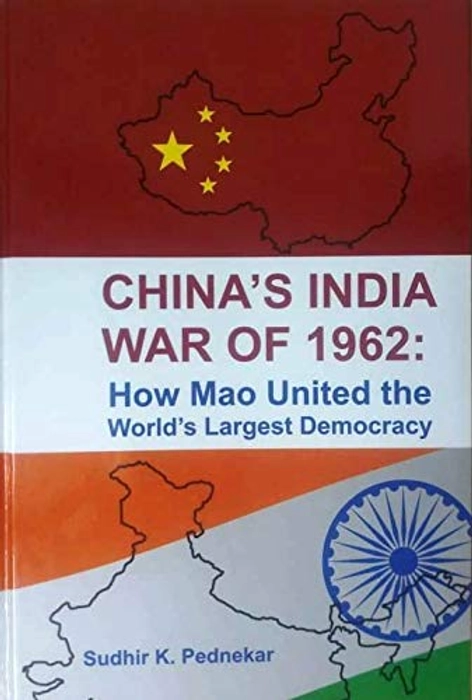This is a very timely book, coming as it does when, after 55 years, a debate has been re-kindled on those fateful events that occurred under the civilian leadership of Jawaharlal Nehru. The author questions Nehru's decision to call a ceasefire in the Kashmir War and his acceptance of China's suzerainty over Tibet without bargaining for secured borders. This was followed by India's humiliating defeat in the 1962 war, during which Nehru was advised by his close crony-confidants Defence Minister V.K. Krishna Menon, IB Chief B. N. Mullik, and 4 Corps Commander Lt. General Kaul.
This book attempts an in-depth study of the 1962 Sino-Indian conflict from an angle that differs from previous books. Nehru described the China War as 'a stab in the back', but he was wrong: it was, in fact, 'a stab from the front. He had only closed his eyes.' There is near-unanimity in the existing literature that China's India War was not looked at through the prism of the prevailing international climate when it broke out in 1962, due to the Cuban Missile Crisis capturing the world's attention.
The author assesses the origin of the conflict, the role of Tibet, India's Forward Policy and its intelligence failure, and the border scenario, both under British rule and after independence. Legal terms that are often used and misused to describe border conflicts are explored, as is the organisational structure of the Indian army. The author asks why the Indian air force was not used in an offensive role and why military dictatorship is not viable in India. The six guilty theatre actors, as confirmed by the Report of Lt. General Henderson-Brooks and Brigadier Bhagat, are examined, along with the heroic advice given by two national heroes and two military generals, and the principal Chinese war theatre proponents.
The book also considers how Mao unintentionally united the whole of India for the first time in Indian history, and saved democracy by eliminating the possibility of dictatorship. Finally, it looks at Nehru's gifting of the Gilgit region to Pakistan, which was not a factor in the war, but is now significant for India in view of China's One Belt and One Road initiative, and the China-Pakistan Economic Corridor.
Ultimately, the book is intended to provide concise information on the war for the younger generation of India, so that they may look back on and reappraise the war and be encouraged to engage in further discussions with this knowledge: those who don't know about history are doomed to repeat it



